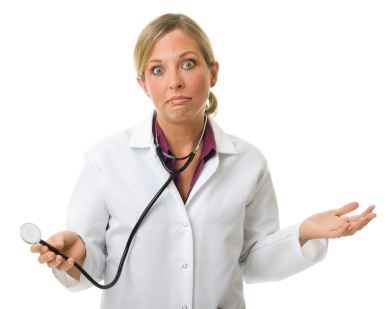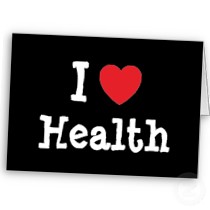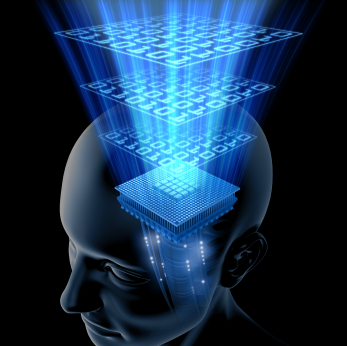Hormones

Hormones are messengers that control how much of what is where. If this is expanded outward, we see that hormones are therefore responsible for the overall shape and form of the body. People who have everything in the right place have a nice shape.
Hormones also control how much of what is where when. At certain times of the day and during certain activities, the body requires more of certain substances in different areas. In other words, when a person is running for his life, he requires more nutrients, oxygen and minerals in the muscles, heart and lungs than when he is sleeping at night or when he is sitting and digesting his food. This seems to be the reason that hormones and emotions are linked. The emotions help the body to predict and prepare for the type of action that the body is most likely going to be called on to perform. By signaling the glands to secrete the appropriate hormones, anger prepares for fighting, fear prepares for running, boredom is probably digestion and so on. Preparing for the sex act is not possible without both emotions and hormones active.
On a microscopic level, hormones are responsible for regulating the environment inside and outside of the cell. If the proper hormones are lacking, proper mineral salt ratios, acidbase balances, oxygen levels and associated chemical and enzyme reactions can all be thrown off. (Please note that there are also other factors that can throw these off). If the environment inside and outside the cell is as it should be, infection cannot occur in the tissues and fluids. There is simply no fertile ground for the infections to grow upon and the tissues remains healthy.
Hormones also control the levels and location of the sugar fuel of the body (glucose) and hence affect the production of energy and the storage of energy fuel in the form of fat.
On a long term basis, hormones regulate the amount and location of tissue growth in the body. The type and amount of growth that occurs is determined by heredity and also by the types of action and efforts that the body has been regularly performing. Wound healing also falls into this category of tissue growth.
Hormones are produced by special glands and tissues of the body. Principal glands include the pituitary gland, the thyroid and parathyroid glands, the adrenals, the ovaries, the testicles and the prostate. Certain organs and tissues also produce hormones such as the pancreas, liver, kidneys, uterus and breasts. Proper hormone balance is a precarious, often changing balancing act which requires all of the glands and tissues working together. When one gland fails to function, the other glands attempt to compensate, sometimes successfully, sometimes not. As you might surmise, a hormonal imbalance can cause a good deal of confusion in the body with many different symptoms. Common symptoms include:
irritability
difficulty concentrating
chronic infections
weight gain
mineral imbalances
infertility
abnormal growth
depression
blood sugar
painful joints
muscle aches
digestive disorders
fatigue
lack of libido
hot flashes
anxiety
It is not uncommon to see people with low or out of balance hormones. Hormones require good nutrition to synthesize. Often the body is not taking in the nutrients that are necessary for this to occur. Glands that manufacture the hormones can also have infection or be poisoned by an environmental toxin. Also, important minerals may be lacking or emotional stresses could be affecting the balance in an inappropriate fashion. Sometimes people have had organs or glands removed.
Cause Point Correlative Testing can easily detect hormonal imbalances. It can also locate the problem gland or organ and determine precisely what is needed to give the body the support that it needs to re-establish normal balance. When normal hormonal balance is established, a person is stronger, more stable, happier and more themselves. It certainly is worth looking into. That it may be done totally naturally and safely, without the harmful side effects of synthetic drugs makes it even more alluring. Tell those around you about CEMT.
Dr. David Murdock D.C











